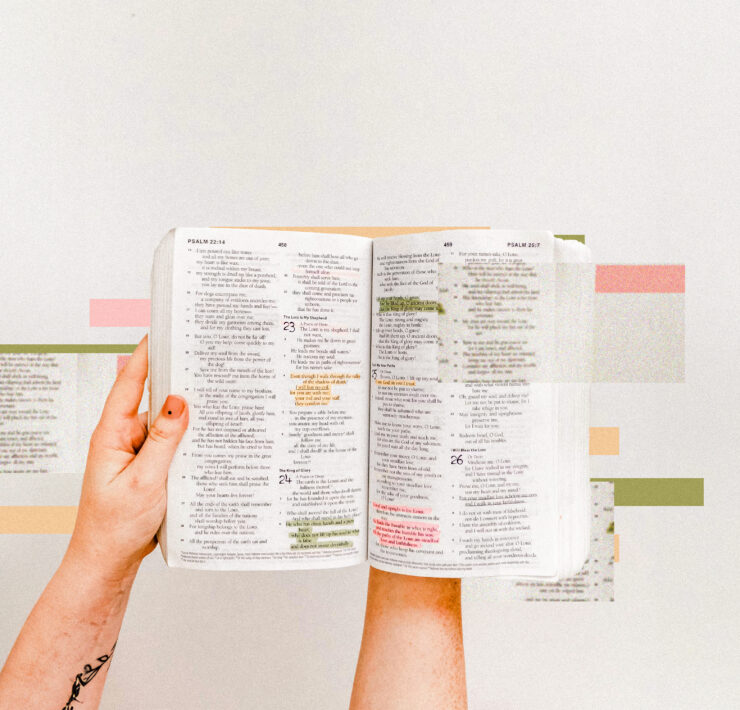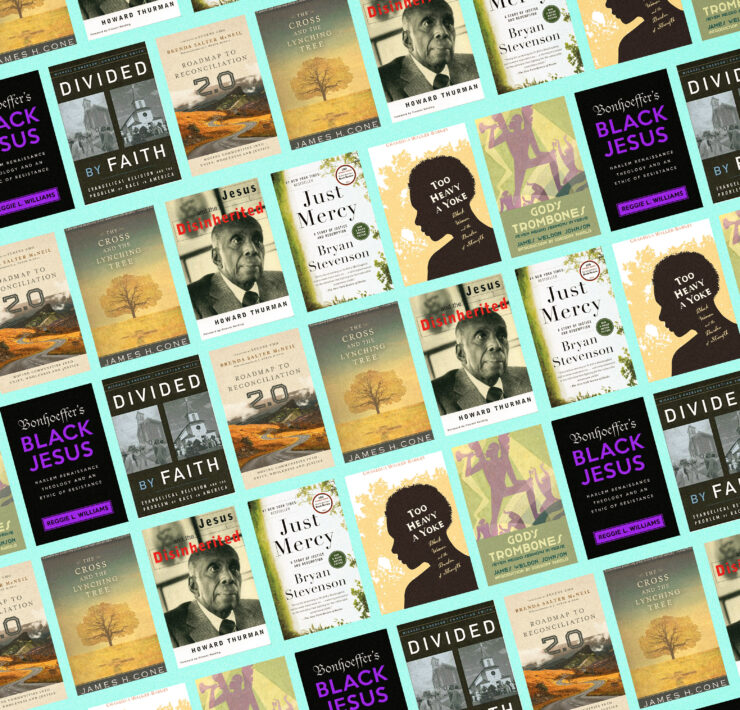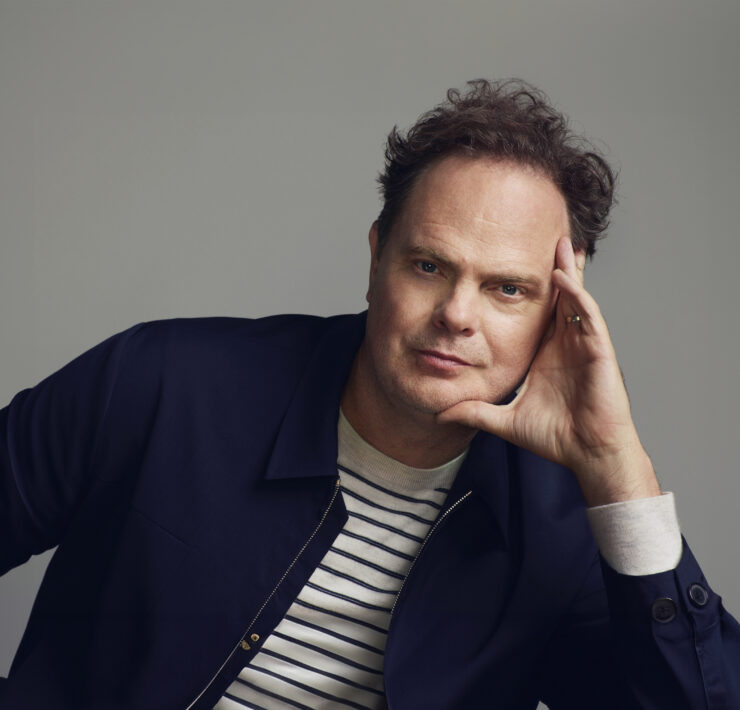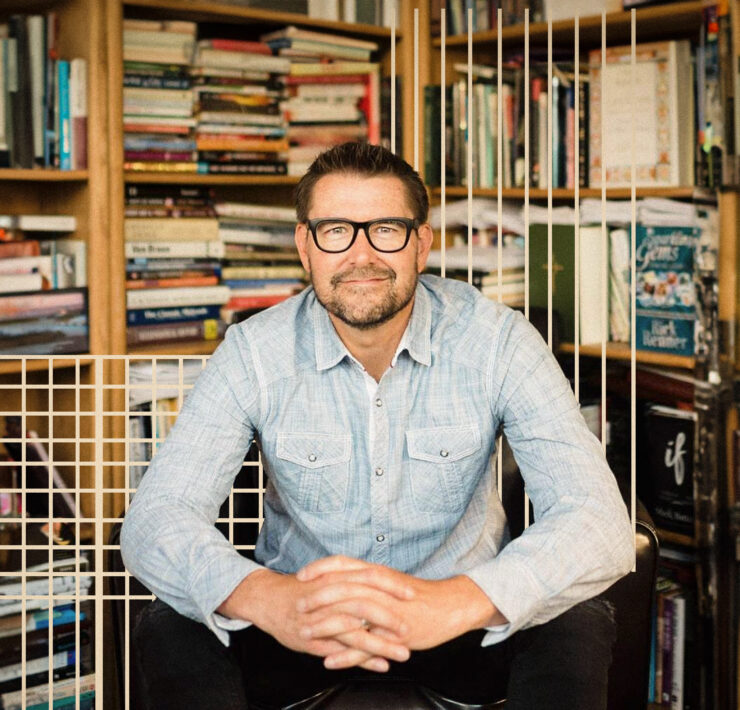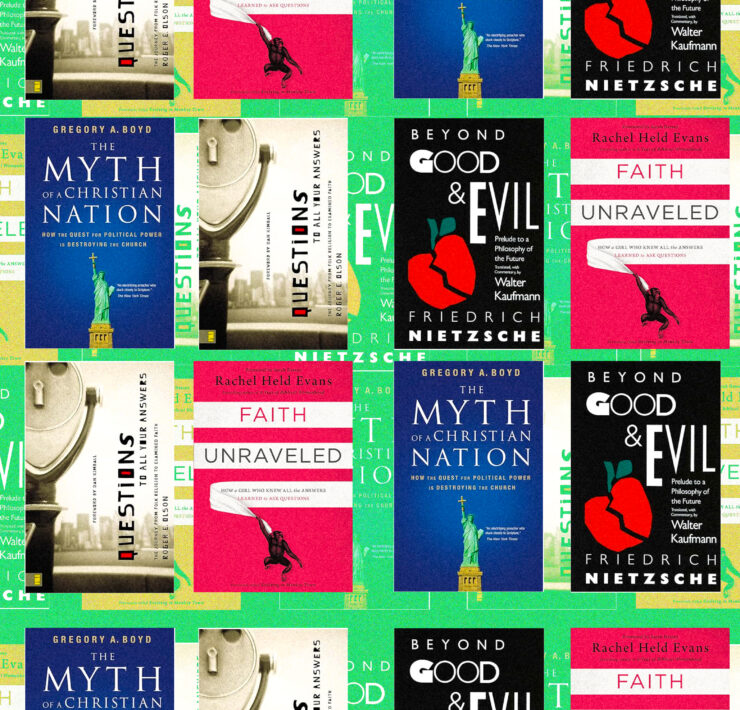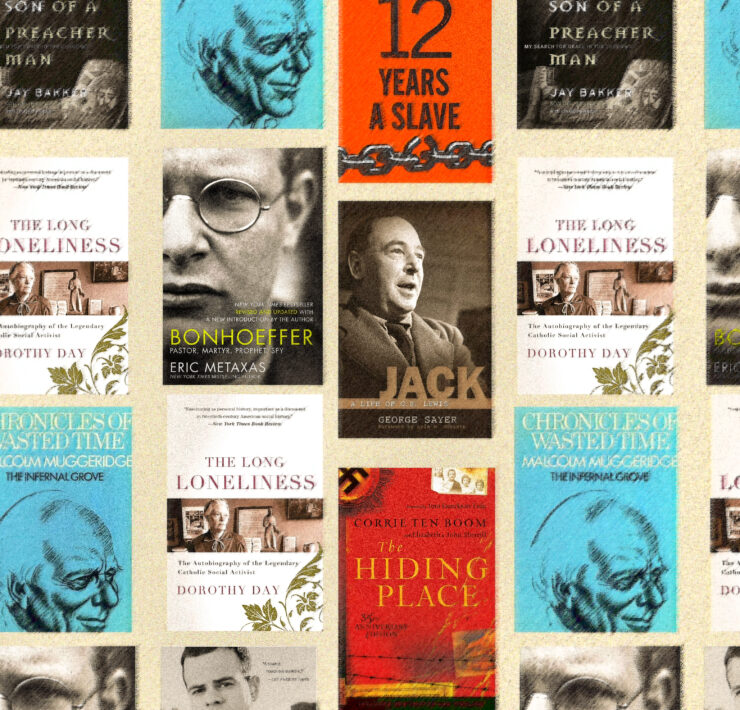On the other side of a pandemic is normal. That’s been the deal since we started. If we can stay locked down, masked up and get vaccinated, we can go back to the way things were. Most of us were willing to do our best, even if many of us lost jobs, opportunities, big events and even people we cared about along the way. The closer we get to that nebulous finish line, the more tantalizing it is.
But what if the deal could be sweetened a little? What if there’s an even better alternative than the old normal?
This article is part of our Quarterlife series, produced in partnership with Unite Health Share Ministries.
That’s Jennifer Dukes Lee’s question. She’s the author of Growing Slow:Lessons on Un-Hurrying Your Heart from an Accidental Farm Girl, and she says that what’s next for all of us doesn’t have to be a full return to the frantic hustle of pre-COVID-19. Instead, we can take some time to establish a reset, in which we abandon the culture of multi-tasking productivity drains for a healthier way of looking at the world.
She sat down with RELEVANT to tell us what this could look like. She conversation has been edited for length and clarity.
Tyler: So it seems like your premise here is that as much as we want to get back to normal, maybe this is actually an opportunity to craft something better.
Jennifer: A lot of people right now feel like they have to make up for lost time. I know that some of my friends who are in their 20s are like, “Jennifer, I can’t afford to go slow because I just lost a whole year of my dating life.” Businesses were languishing. We’re going to have to work double time and double hard to make up for lost time.
But we were already living under that kind of hurried, “I’m falling behind mentality” before COVID hit. So I think it’s critically important that we look back and think, what parts of business as usual do we not want to go back to?
Maybe we can talk about your own experience in learning to take life slower.
I’m an Enneagram 3. An achiever. You would never expect a success-oriented, ambitious person to write something called Growing Slow. The book that I could have more easily written is one called Growing Fast — a real kick in the pants book to help you move it to the next level and hustle.
That’s exactly what I did for so much of my life. I ended up in a doctor’s office and I had all kinds of physical symptoms going on, insomnia, anxiety, aches and pains. I’m like, “Am I just getting old or do I have some weird disease?” And he’s like, “Jennifer, this is an internal issue. You have a hurried heart. You are stressed out.” And I’m like, “I’m not stressed out. I know stressed out people. This is just the way I operate.”
But it was taking a toll on my physical body and on my emotional self. My cortisol and adrenaline levels were so high that I was constantly in fight or flight mode. I couldn’t function like that anymore. I look back on my life and I think so much of it was a blur because I was pushing all that time and it had to stop.
What did stopping look like for you? Because I think a lot of people dream about slowing down but frankly just can’t figure out how to do it.
It used to annoy the crap out of me when people would say, “Jennifer, you need to just slow down.” I was like, “I can’t afford to slow down. Don’t you know all the things that I’m responsible for?” But it got to the point where I realized that I can’t afford not to slow down.
We have this idea that in order to get the life we want, we have to chase it down. But honestly, hand to the sky, the way to get the life you want is not to chase it down, but to slow it down. It does really take a reversal of philosophy, adopting a whole new mindset.
For me, growing slow has become my super power. It’s become the way that I am more productive. I am hitting goals and targets in a better way because I’m more focused. I’ve slowed it all down.
What kind of habits?
Most of them are pretty simple things that you could do today. Sitting down while you eat. A lot of people, especially at breakfast and dinner, are standing up, taking bites, eating so quickly that they can’t even taste the food. If God gave us something as beautiful as food, let’s sit down and enjoy and taste it.
Another thing is not to look at your phone at the stoplight, or in the line at Target, because what happens is you end up with a hurried heart. Something urgent comes in on your phone, that you really can’t in any practical way answer or resolve at that moment. So that urgent thing is hanging around the edge of your heart in the form of hurry. It creates an anxiety that you can’t fix until you get back home.
Another thing is to wake up 10 minutes earlier to set the tone for your day, welcome the day. These are simple things, but it’s a way of saying, I’m going to take charge of this day and set a tone for it that is less hurried.
Why do you think we default to a position of hurry?
Our culture is a very output-oriented, metrics-based culture that rewards overnight successes. We buy into this idea that there are milestones that you have to hit at some certain point in your life. At almost every stage and decade of life, you could buy into the idea that you’re falling behind.
I have friends who are in high school and they feel like they’re falling behind because they don’t know what they’re going to do with the rest of their life. As if a 16-year-old should know what she should do at age 30.
And then if they go to college, they feel like they’ve got to get a spouse before all the good ones are taken there’s that milestone. And then it becomes about milestones related to having kids. And a house, and now a bigger house and it needs this much of a garage. And then you’ve got to get your lake house. There’s always something next level.
But there really are no milestones for these things. That’s where the pressure comes from. It has less to do with what’s on the to-do list and more about how we approach what’s happening in our life right now, and the expectations that we set on ourselves for what should be coming in the next year or five years or whatever that benchmark is for you.
I’m sure you’ve heard this but let me ask: what about people who feel like they legitimately can’t slow down? Single moms working several jobs to make ends meet, that sort of thing?
I am a very busy person. I have a full calendar. I am an author and I am a mother, I am a farm wife and I am a part-time acquisitions editor for Baker Publishing Group. But what I have is margin and what I have are practices, even in my work, that help me stay more laser focused on what I’m doing.
If you can begin to single task, if you can begin to enjoy your food, if you can stop looking at your phone at the stoplight, if you can look people in the eye when they’re talking with you and when you were having a conversation with them, these are all little things that start to strip away all of the hurry from the heart so that you can embrace the life that you’re living. It really is a mindset shift.
Some people will say, “I just can’t do it. I can’t afford to slow down.” I just want to say, “how is that life of hustle treating you? Because eventually it will come up and bite you and it will impact your physical self and your emotional self.” So do your future self a favor and employ some of these grow slow techniques and tactics into your life now.
It sounds to me like you’re not necessarily talking about carving out three or four hours a day to watch all of Mare of Easttown. If you can find a few minutes for margin on the edges, even that can be transformational.
Absolutely. I get more done and am more productive now than I was before. I am more productive as a growing slow woman than I was as a growing fast woman, because I’m not making as many mistakes, I’m waking up energized to my work. I have time built in for fun and for play. I no longer look at boredom as a sign of laziness, but I see that as a moment of creativity.
What has the impact been on your spiritual life as you’ve started to get better at this?
The biggest thing for me is seeing that God is tending the field that makes me, me. I am less concerned and consumed with what people think of the growth in my fields and of the things that I’m doing with my life, because they didn’t plant the field that makes me, me. God did. God tends things slowly, and He has nurtured and grown me all along into the woman that I am becoming. It’s given me grace to accept wherever I am at any given moment, knowing that if God wanted to, he could snap his fingers and I’d be fully matured and have it all figured out.













